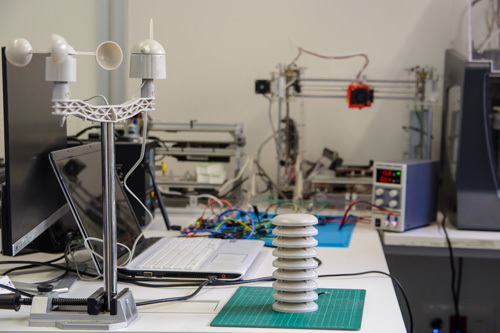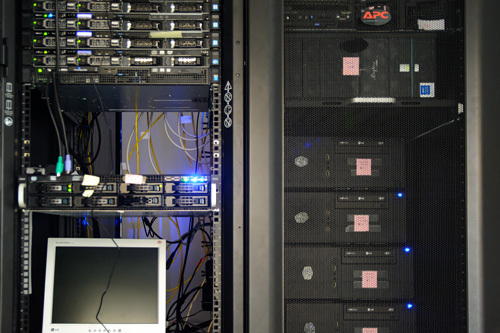The BISITE research group has been characterized since its creation by the application of techniques, models and tools of artificial intelligence to different kinds of problems. In following this simple conceptual model, the group has successfully launched various research initiatives that have allowed the development of a variety of technological solutions in different application areas such as health, education, transport, etc.


The BISITE team researchers have focused on the development of ambient intelligence systems, having developed successful identification and tracking models with radio frequency, vision systems with stereoscopic cameras, and animated 3D digital models in runtime. They have also developed innovative products for the interaction and adaptation of wireless devices such as 3D Web environments. In the field of bioinformatics they have developed innovative proposals for the classification and analysis of genomic microarrays using hybrid artificial intelligence systems.
Currently, BISITE is working in over a dozen projects in collaboration with leading companies in their sectors (Telefónica, IBM, Iberdrola, Indra, Insa - Advanced Software Engineering S.A., Promecal, CSA, etc.). This close business collaboration has promoted the evolution of the groups’ various lines of research, which has served to align them to current challenges such as smart cities, energy efficiency and the Internet of Things. As a result, the group has developed an intelligent street lighting system, intelligent garbage control, and a dynamic and intelligent system to manage energy networks. In addition to these lines of research, BISITE has also followed other lines of work related to mobility (electric bike), information analysis of social networks, educational technology and computational creativity.
BISITE promotes knowledge transfer between the University of Salamanca and the business sector in the following lines:
Collaboration in the implementation of projects and proposals at a European, national and regional level
Promotion of RTD activities
Needs analysis of technological innovation in the company
Participation in research networks and network transfer
Organization of scientific events
Training in any of the lines of work with which the group is involved